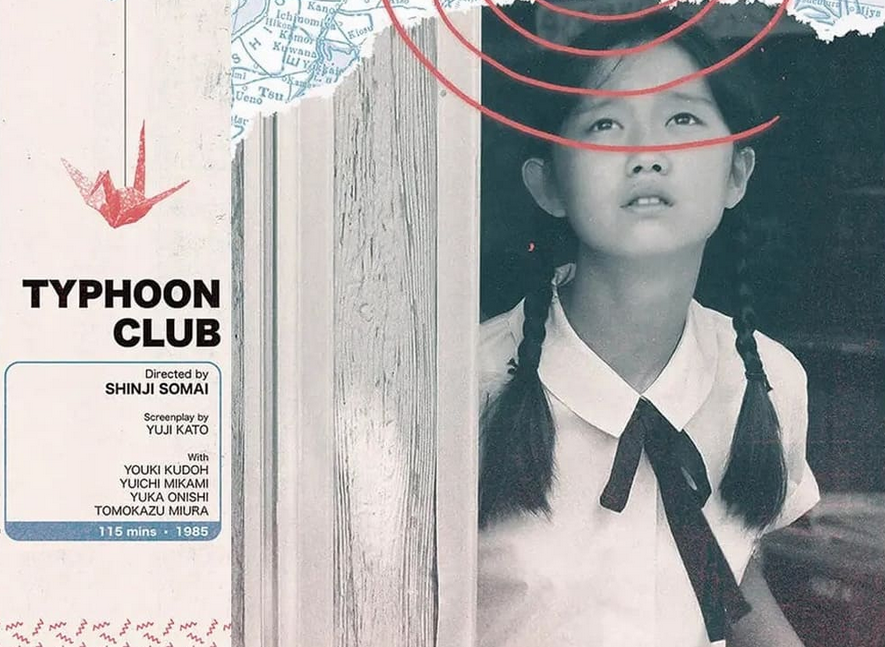Japanese Heels: the silent scrim: Zangyakuki by Kirino Natsuo
- Details
- Written by M.me Red
Thoughts, words, visions, fragile as the thinnest heel. A column by M.me Red.

 Once more Kirino tells us the story of a woman, and her surgical writing explores her suffering, a desperation that finds its roots long before the triggering event, in a suburban life characterized by blind apathy and lack of family affects. If this is the context her captor takes her from, what hope can there be of a return to normal life? Novels are castles of lies, tells her Kenji years later, but they are the only safe refuge for someone like her, who has built her safety behind such a castle of lies. Memories come back with a vengeance – the horrid smell of Kenji's room, his footprints on the tatami, the rusty aftertaste of tap water, the smell of food wafting at dinner time from other homes – and they ask to be told. The desire for closure is gagged, however, by the fear of looking within oneself with honesty and courage. So, the confession becomes reticent, events lose their clarity, shadows appear. And this is the allure of A Cruel Story, a narration that sits somewhere between fantasy and reality and, in a game of mirrors, keeps the reader glued until the last page.
Once more Kirino tells us the story of a woman, and her surgical writing explores her suffering, a desperation that finds its roots long before the triggering event, in a suburban life characterized by blind apathy and lack of family affects. If this is the context her captor takes her from, what hope can there be of a return to normal life? Novels are castles of lies, tells her Kenji years later, but they are the only safe refuge for someone like her, who has built her safety behind such a castle of lies. Memories come back with a vengeance – the horrid smell of Kenji's room, his footprints on the tatami, the rusty aftertaste of tap water, the smell of food wafting at dinner time from other homes – and they ask to be told. The desire for closure is gagged, however, by the fear of looking within oneself with honesty and courage. So, the confession becomes reticent, events lose their clarity, shadows appear. And this is the allure of A Cruel Story, a narration that sits somewhere between fantasy and reality and, in a game of mirrors, keeps the reader glued until the last page.
(L’Indice dei libri del mese- April 2012)
Natsuo Kirino, Una storia crudele ( translated by Gianluca Coci), Giano Editore, 2011.




